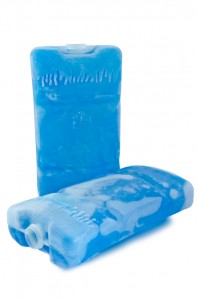 The availability of suitable food or preferred food options can be quite a challenge when travelling, particularly when an operator can only offer a limited choice and/or often at a substantial additional cost to the fare price.
The availability of suitable food or preferred food options can be quite a challenge when travelling, particularly when an operator can only offer a limited choice and/or often at a substantial additional cost to the fare price.
One way around all this is to take your own food with you. However, care needs to be taken, as there is nothing worse than incurring a stomach bug from food that has spoilt in a warm environment en route. National Health Service reports that up to 60% of travellers are affected with travellers’ diarrhoea from spoilt or contaminated food both en route and at their destination.
So if you are intending to take food with you on your travels, then you need to ensure that the food is kept as cool and as fresh as possible to prevent the growth of micro-organisms. The World Health Organisation (WHO) recommends food is either kept in a refrigerator or on ice (preferably below 5oC) to avoid food poisoning and ill health.
Our travel health specialists have tested and reviewed several ice blocks and packs to ascertain their suitability for keeping food fresh when travelling. We’ve answered the most common questions about performance and functionality in our reviews, from how long do they stay frozen, to are they lightweight, safe, and will they pass through security?
If you want to choose an ice pack to keep your food fresh en route, then check out our ice-pack review and find out more about their performance and functionality.




























